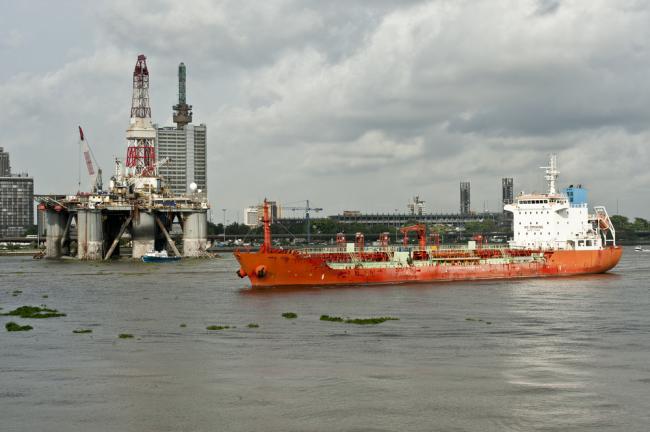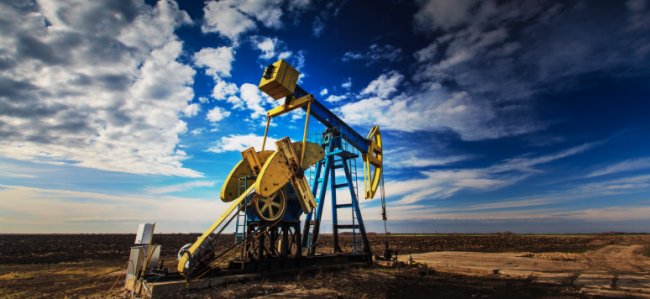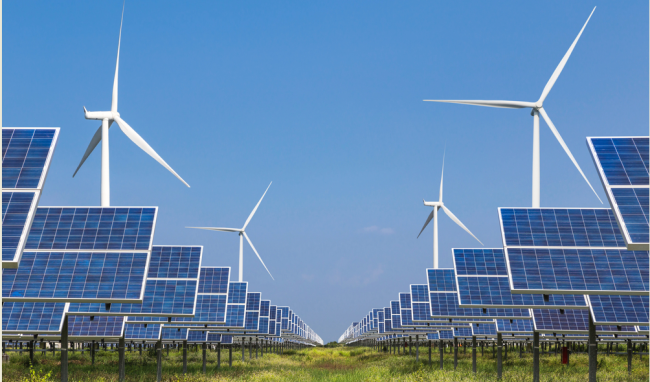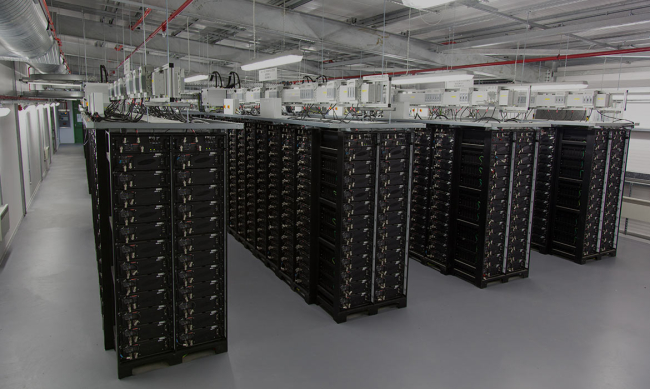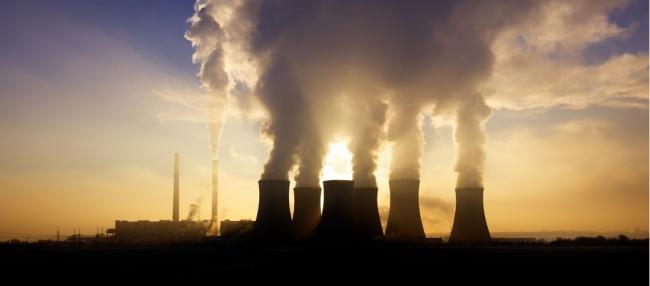Energy - Climate
In the face of the climate emergency and geopolitical confrontations, how can we reconcile security of supply, competitiveness, accessibility, decarbonization and acceptability? What policies are needed?
Related Subjects

COP30: An Inflection Point for Climate Action and Governance
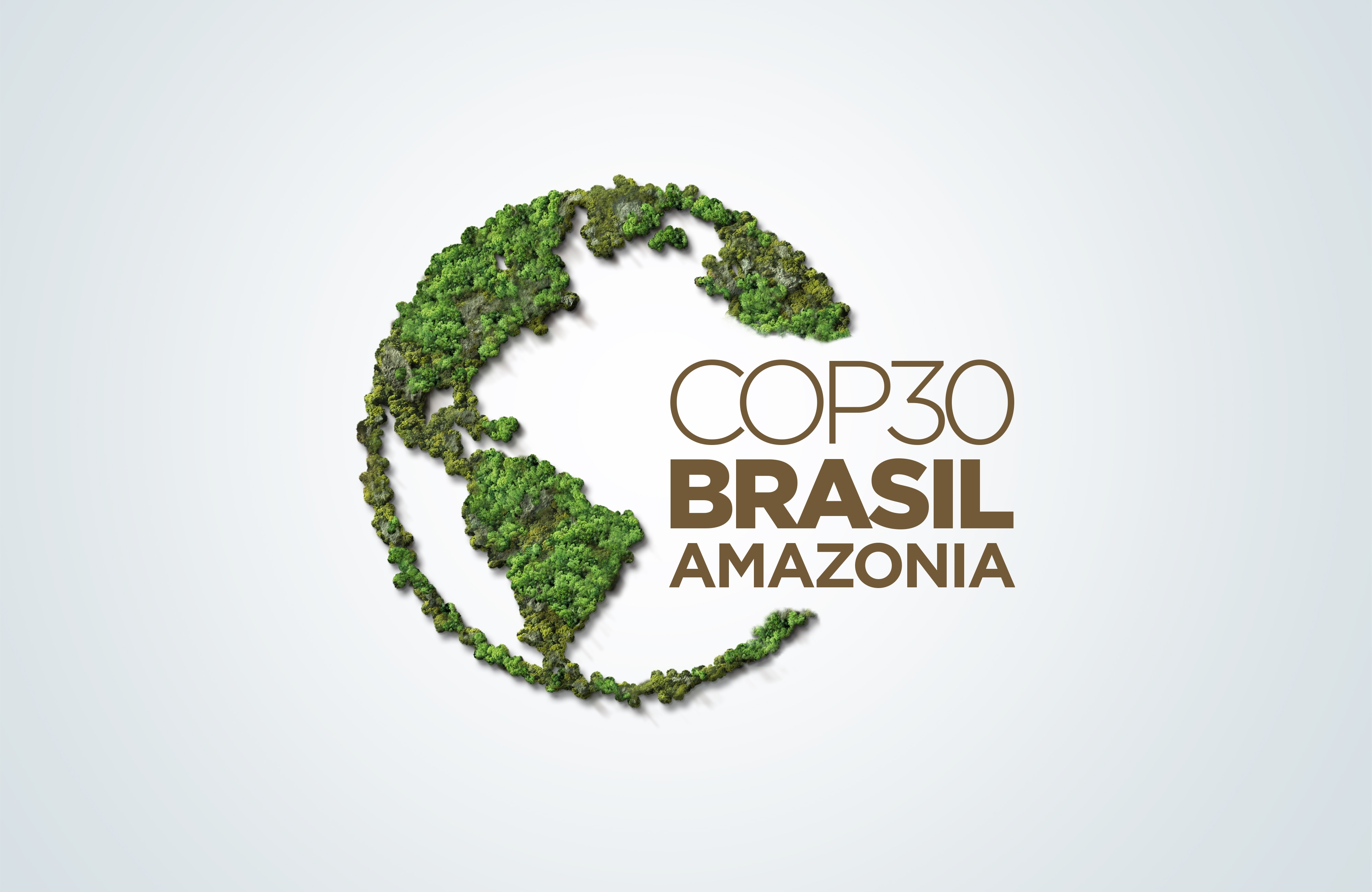
The 30th Conference of the Parties (COP30), opening in Belém, Brazil, on November 10th 2025, convenes at a perilous moment.
Strategies of African national oil companies
The study and comparison of different National Oil Companies (NOC) help understanding the political history of Algeria, Nigeria and Angola. The NOC’s role and activities depend on several economic and political aspects. For example, Angolan Sonangol has been the coffer for the Popular Movement of Liberation of Angola (MPLA) party to fund its struggle against the National Union for the Independence of Angola (UNITA) party during civil war.
The Resurgence of Shale Oil
This study addresses the resilience factors of the American production of light tight oil, in particular regarding the evolution of the financial model, and the regulatory changes with the authorisation of exports for crude oil. The paper also evaluates the development perspectives of the production on the medium and long term.
Europe in the Global Race for Electrical batteries
This study weighs up the different strategic approaches that Europe may adopt in the industrial race for electrical batteries, taking into account the demand potential for e-mobility and stationary storage, the global competitive landscape and the policy support for local players in Asia and the U.S.
The Landscape of Renewable Energy Sources in Europe in 2030
The study analyses the European rules designed to promote renewable energy, highlighting their innovations and the difficulties they will raise. The study highlights the consequences of some of the measures envisaged and pays particular attention to the electricity market.
What Perspectives on the US Oil Policy ?
This Edito highlights how oil, since its discovery in 1859, has played a major role in the US international policy and economy throughout decades, becoming a key tool of the american leadership.
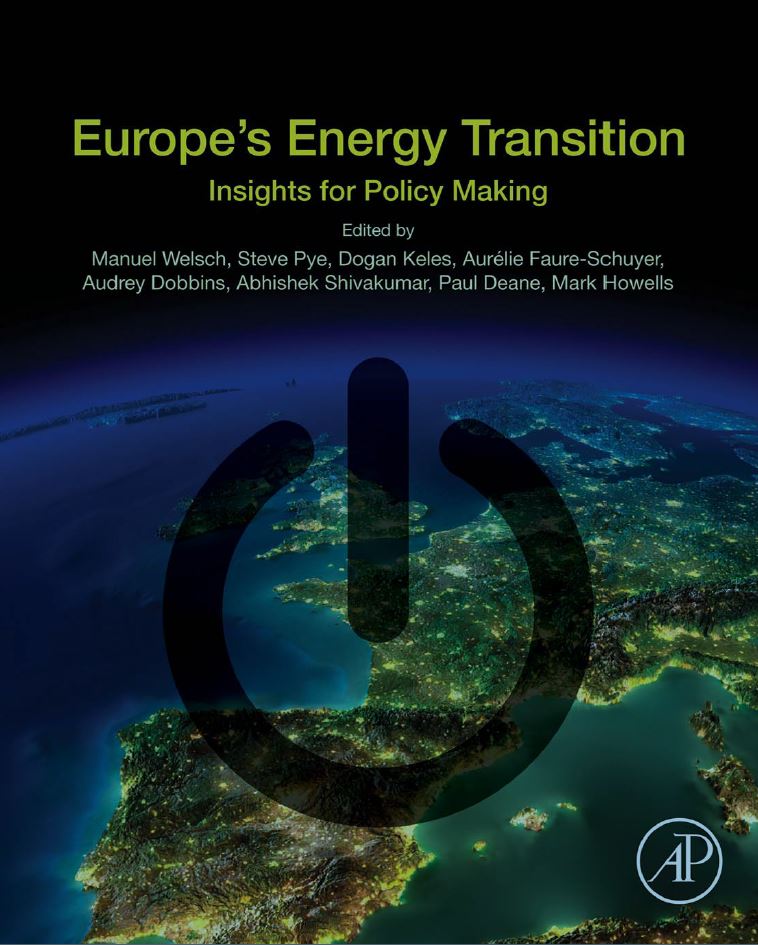
Europe's Energy Transition - Insights for Policy Making
This book was authored by the Insight_e European consortium, in which the Ifri Center for Energy was involved between 2014 and 2017. It is based on the key research projects carried out over the last three years on the Energy Union, greenhouse gas emissions reduction policies, security of gas and electricity supplies and the societal dimensions of the energy transition.
Electricity storage in a redesigned market
Storage technologies have the potential to significantly support the EU’s electricity system, bringing a number of flexibility services. There are numerous electric energy storage (EES) technologies, tackling different magnitudes in terms of quantity of energy, ramp-up time, duration of discharge, costs, and lifetime.
The Steam Coal Market in 2016: the Supply Shock
Surprising coal markets: while the world coal demand is diminishing, the steam coal price doubled in 2016. After five years of uninterrupted price decline and a sluggish world demand, this strong price hike might appear as paradoxical. This paper explains the principal reasons for this situation.
Three Years of China’s New Silk Roads: From Words to (Re)action?
More than three years have already passed since China’s new silk roads were launched by President Xi Jinping. When he first mentioned the idea in an autumn 2013 speech in Kazakhstan, questions quickly emerged on the meaning of this general concept, which soon became widely promoted through a large-scale and well-coordinated public diplomacy strategy both in and outside China.
A Point of View on the UK Energy Policy
The United Kingdom chose to leave the European Union at a crucial moment for the Energy Union, and in a period when the necessity of leading a coherent energy transition is strongly shared by EU countries. In the light of this conjunction of events, this study analyses the determining factors of the UK energy policy.
Copenhagen's Legacy Is Ambiguity
The third Ifri Annual Energy Conference held at the Plaza Hotel, Brussels in February 2010 posed the question: “How do we begin effectively to close the gap between climate change policies and current practices - or put another way between climate change rhetoric and market reality”.
European Energy Treaty: Right Problems Wrong Answer
Jacques Delors’ Notre Europe has rendered a considerable service to European energy policy thinkers, but his proposed European Energy Treaty is the wrong answer.
Energy Security, Transnational Pipelines and China's Role in Asia
In recent decades, China's transformation from a regional energy supplier to one of the world's largest net energy importers, in particular with regards to oil and gas, has led to an increasing sense of energy insecurity in Chinese policy circles. Guaranteeing adequate supplies of energy to fuel economic growth is a central element in Beijing's efforts to maintain legitimacy in the face of economic reform and transformation. To combat energy insecurity a number of initiatives are being undertaken to diversify energy inputs, suppliers, and the means of their transport.
Who Needs OPEC - Russia steps up to the Plate ?
News that Conoco will sell off a significant portion of its Russian holdings is couched in terms of various corporate strategies that make all this perfectly normal. Conoco is said to need cash and will anyway have a 10% share remaining in Lukoil that will provide them some degree of influence in corporate decisions.
German Power Options: Lack of Clarity Will Be Costly
The German environment minister Norbert Röttgen (CDU) revived the German debate about the future of nuclear power in February when he argued for a limited lifetime extension of Germany’s nuclear plants.
Security of Supply Is Indivisible
The European gas market has an unusually large number of moving parts just now. Demand forecasts are buffeted by announcements of great expectations in de-carbonizing the energy mix, differing expectations on the longer term economic growth path and a range of assessments on how soon Europe will recover from the economic recession.
Getting Carbon Out: Tougher Than it Looks. An Assessment of EU, US & Chinese Pledges
This paper intends to examine the emissions trajectories of the three largest emitters, China, the US and the European Union through the optics of indicators and assess the feasibility of their targets for 2020.
The Institutions of Energy Governance in China
International collaboration, in any form, requires trust, and such trust is built on understanding. In the case of collaboration in the field of energy, potential partners need to have an appreciation of frameworks for energy governance in each others’ countries. Only then can they accurately interpret the data, the statements and the declared commitments provided by other parties. Nowhere is this ignorance of greater relevance to today’s challenges than the case of China.
Oil Markets Range-bound?
We have heard admonitions about peak oil and that we have already passed the geologic peak of world oil production capacity. On the other hand, the IEA warns that if we continue our present patterns of energy consumption, we will need the equivalent of four Saudi Arabia’s in new oil production capacity by 2030 - seemingly at ease that the oil is geologically out there.
Support independent French research
Ifri, a foundation recognized as being of public utility, relies largely on private donors – companies and individuals – to guarantee its sustainability and intellectual independence. Through their funding, donors help maintain the Institute's position among the world's leading think tanks. By benefiting from an internationally recognized network and expertise, donors refine their understanding of geopolitical risk and its consequences on global politics and the economy. In 2025, Ifri supports more than 80 French and foreign companies and organizations.







